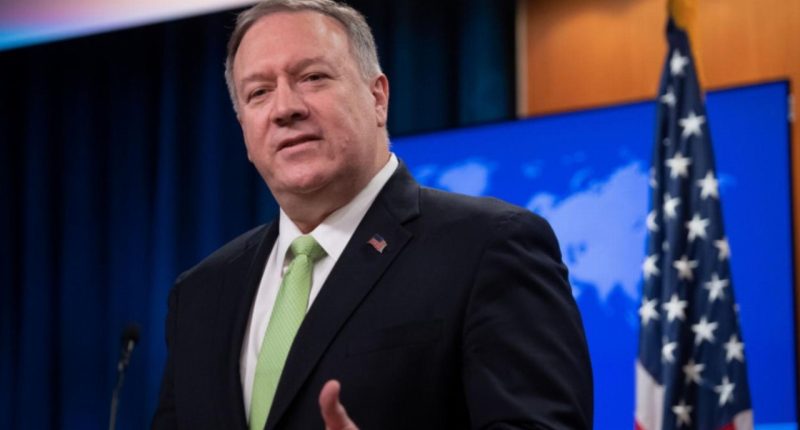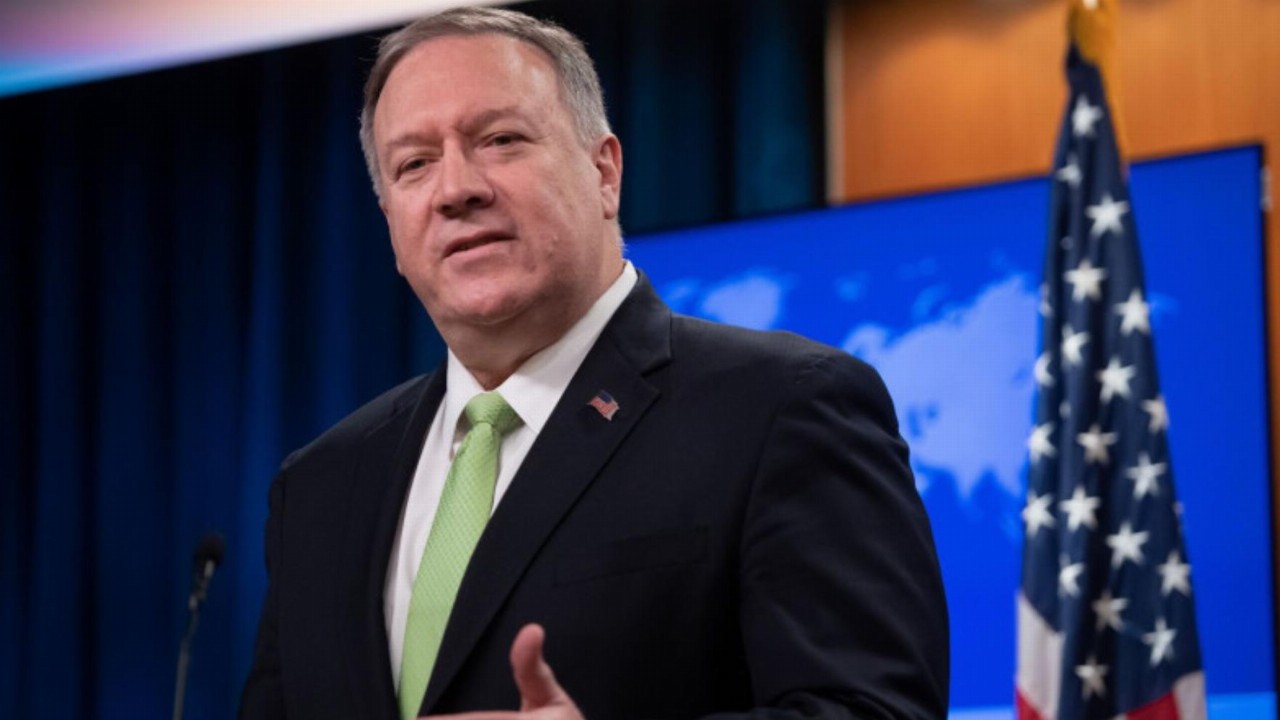- The United States has “rejected” China’s claims of territory and resources in the South China Sea this week
- The area has been long disputed by China and surrounding countries, including Vietnam, the Philippines, and Taiwan
- China, however, claims almost all of the area as its own and has been building military fortifications on natural and artificial islands in the area
- This week, U.S. Secretary of State Mike Pompeo said most of China’s claims are completely unlawful
- Secretary Pompeo criticised alleged intimidation tactics from China being used to “bully” surrounding countries out of the area
- China responded by slamming the United States as the “biggest manipulator”, accusing America of distorting facts and international law to sow discord between China and its surrounding countries
- This weeks development adds to the growing tensions between China and the States after the Chinese Government recently introduced new Hong Kong sedition laws
The United States made the bold move this week to challenge China’s claims of territory and resources in the South China Sea.
Ownership of the area is disputed by surrounding countries, including China, Vietnam, the Philippines, Taiwan, Malaysia, and Brunei. However, tensions have been escalating in recent years as China has backed its claim by building up military fortifications on natural and artificial islands in the area.
Beijing claims ownership of the majority of the two-million-square-mile South China Sea — a claim which the United Stated has called unlawful.
“We are making clear: Beijing’s claims to offshore resources across most of the South China Sea are completely unlawful, as is its campaign of bullying to control them,” U.S. Secretary of State Mike Pompeo said in a statement this week.
He accused China of using intimidation tactics to “bully” the surrounding countries out of the area, which is thought to be rich with offshore resources and good for fishing. Secretary Pompeo said People’s Republic of China’s (PRC’s) “might makes right” tactics have been clear for years.
“The PRC’s predatory worldview has no place in the 21st century.”
U.S. Secretary of State Mike Pompeo, July 2020
Pompeo said most of China’s claim to the area has “no legal grounds”.
We are strengthening U.S. policy on South China Sea maritime claims, according to international law, in rejection of Beijing’s intimidation, bullying, and claims of maritime empire.
— Secretary Pompeo (@SecPompeo) July 13, 2020
“The world will not allow Beijing to treat the South China Sea as its maritime empire,” Secretary Pompeo concluded. He said America stands with its Southeast Asian allies and partners to protect their rights to offshore resources under international law.
China’s response has been critical, as can be expected, with the Chinese Embassy in the U.S. releasing a public statement accusing the States of deliberately distorting facts and international law to sow discord between China and the countries surrounding the South China Sea.
“The United States is not a country directly involved in the disputes. However, it has kept interfering in the issue. Under the pretext of preserving stability, it is flexing muscles, stirring up tension and inciting confrontation in the region,” the Embassy said.
China’s Global Times, which is a newspaper operated by the Chinese Communist Party, took is as far as to call the U.S. the “largest manipulator” and say the States poses the biggest threat to peace and stability in the South China Sea.
“Analysts warned that the US will stir up more troubles, incite more confrontations in the region and engage in more radical and dangerous moves in stirring up military conflicts with China, and the Chinese People’s Liberation Army (PLA) has been preparing for conflicts in the South China Sea and across the Taiwan Straits through military drills to improve its combat capability and information construction,” the Global Times reported on Tuesday.
This week’s development adds to recent growing tension between the U.S. and China after the Chinese Government passed new sedition laws to solidify control of Hong Kong.







